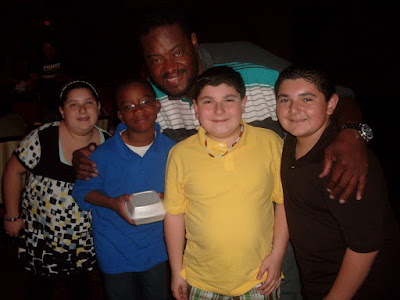So you have to have dialysis. How did this happen? Why did it happen to me? Iʼm sure that these are
some of the questions you have asked yourself. As a society we tend to overindulge. Because of this overindulgence, it has affected our health. We are overweight with hypertension and diabetes.
Hypertension is a disease that is called the silent killer. Unless you get regular medical checkups
you may not know you are hypertensive until it is too late. Hypertension affects every bodily system
and the kidneys are no exception. You find yourself in the hospital having to get a catheter because
your kidneys have stopped working. Dialysis??? What is dialysis you are asking yourself? Dialysis
is something you will need for the rest of your life. It is the only thing that is going to keep you alive
other than having a kidney transplant. And who knows when that will happen. The kidneys work as
our bodyʼs cleaner. They help to get rid of the toxins and wastes in our system. They help get rid of
fluid. They also help regulate:
• erythropoietin, or EPO, which stimulates the bone marrow to make red blood cells
• renin, which regulates blood pressure
• calcitriol, the active form of vitamin D, which helps maintain calcium for bones
and for normal chemical balance in the body
Compliance??? What does that mean??? It means to follow the rules. When it comes to dialysis,
compliance is very important. You have to monitor what you eat and drink. Some people think that
it doesnʼt matter what they eat or drink, I will go to dialysis and it will clean me out. Yes dialysis will take care of it, but it canʼt take off all the excess fluid because you will cramp, your blood pressure
will drop. Your body is a wonderful machine but it canʼt be abused. As the saying goes, your body is
your temple. And you should treat it as such. You eat and drink too much and it will eventually affect
your heart. What do the kidneys have to do with my heart??? All the extra fluid and toxins have no
where to go so it affects all your other organs and something has to give. I have seen too many
patients that are not compliant and they wind up in the hospital with Congestive Heart Failure and
other ailments. Every time they come back to dialysis you can see that they are not the same, like
the life has been taken out of them. And if they go to the hospital too many times because of
non-compliance their life will be cut very short.
People think that when they are on dialysis that their life if over. It is not!!! It is just another chapter
in your life. You can still do things you have always done but maybe in a different way. Or maybe
you have to try different things to keep your life a fulfilled one. Life is not over, just ask your
family. Iʼm sure they want you around for a long time and you can be if you just take care of
yourself. You can teach your family, especially children, that they should do things now to take
care of themselves so they donʼt wind up having to have dialysis. And children learn by example.
So if you start eating healthy and acting healthy this will help them in the long run. We have to
stop the cycle of abuse to our body and teaching your children will help. Hopefully, they wonʼt
have to go through what you have gone through.
by Catherine Heed, LPN













